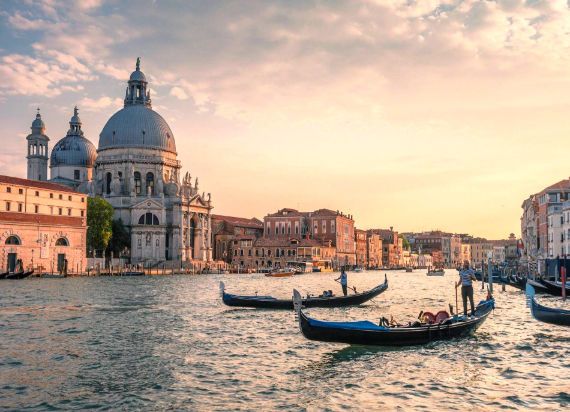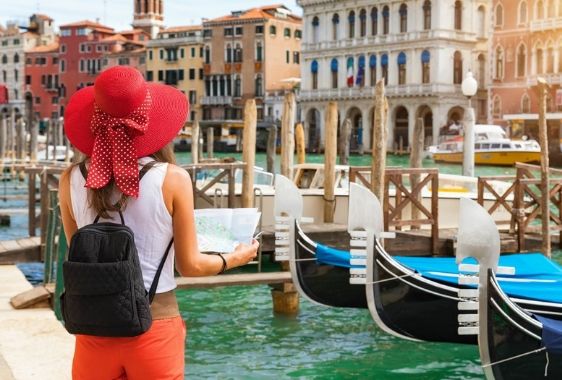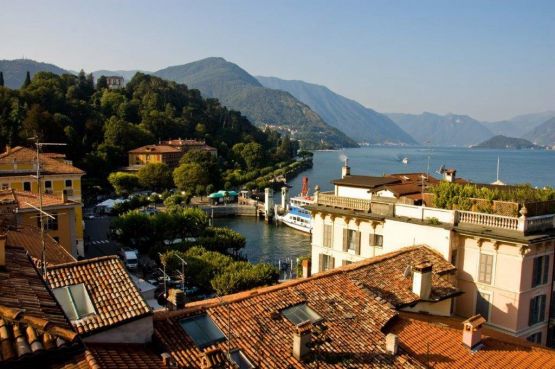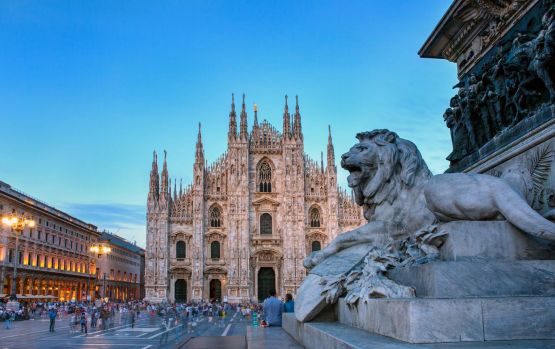One of the things we love about Italy is how incredibly multifaceted it is. It can be tempting to see Rome or the Amalfi Coast and think that the whole country is the same, but the north and south of Italy are wildly different.
One day you could be in the picturesque coastal towns of the Cinque Terre on the Italian Riviera, and the next in the mountains near Lake Como. So if you’re thinking about taking a trip to Italy, let’s take a look at the northwest in more detail.
In Turin, take in the Museo Egizio, with its huge collection of Egyptian artifacts (the biggest outside of Cairo). In Genoa, make sure to visit the bustling Porto Antico and its winding maze of alleys. Milan—the fashion capital of the world—is also home to both the La Scala opera house and Leonardo Da Vinci’s Last Supper. As you can see, there’s no shortage of wonders in Northwestern Italy.
What is there to see in Northwest Italy?
The northwest is made up of the regions of Piedmont, Liguria, Lombardy, and Aosta, and borders France, Switzerland, Austria, and Slovenia. It’s mountainous, agricultural and full of interesting sights, from ancient Roman ruins to medieval castles.
There’s also the foodie delights to experience: white truffles in fonduta from Piedmont; Genoese pesto and pansotti ravioli from Liguria; and osso buco from Lombardy. Although all of Italy is known for the food, this is truly the gastronomic heart of the country.
Let’s look at Lombardy
It’s impossible to go to Lombardy, and not go to Milan. It’s the global center of fashion and design and also home to Il Duomo—the third-largest Gothic cathedral in the world—and the medieval Castello Sforzesco.
Milan is also a hub of galleries and museums. Make sure to pop into the Pinacoteca di Brera, where you can see Piero Della Francesca's Madonna with Saints and Angels and the emotive Renaissance painting, Dead Christ by Mantegna. A private walking tour is a great way to get a feel for Milan and all that it has to offer.
When you’re done with Milan, head to the picturesque Lago di Como, a favorite with locals and international visitors since the Renaissance period. Enjoy the quaint towns and villages that line the shores, from Como itself in the left fork, to Bellagio where the lake splits and down to Lecco in the right fork.
The villas, gardens, and narrow, cobbled streets are something special. One really great way to see the whole region is on a guided tour through Milan, Como, and nearby Venice. And while you’re there, remember to pick up some of the local silk that Como is famous for!












Comments